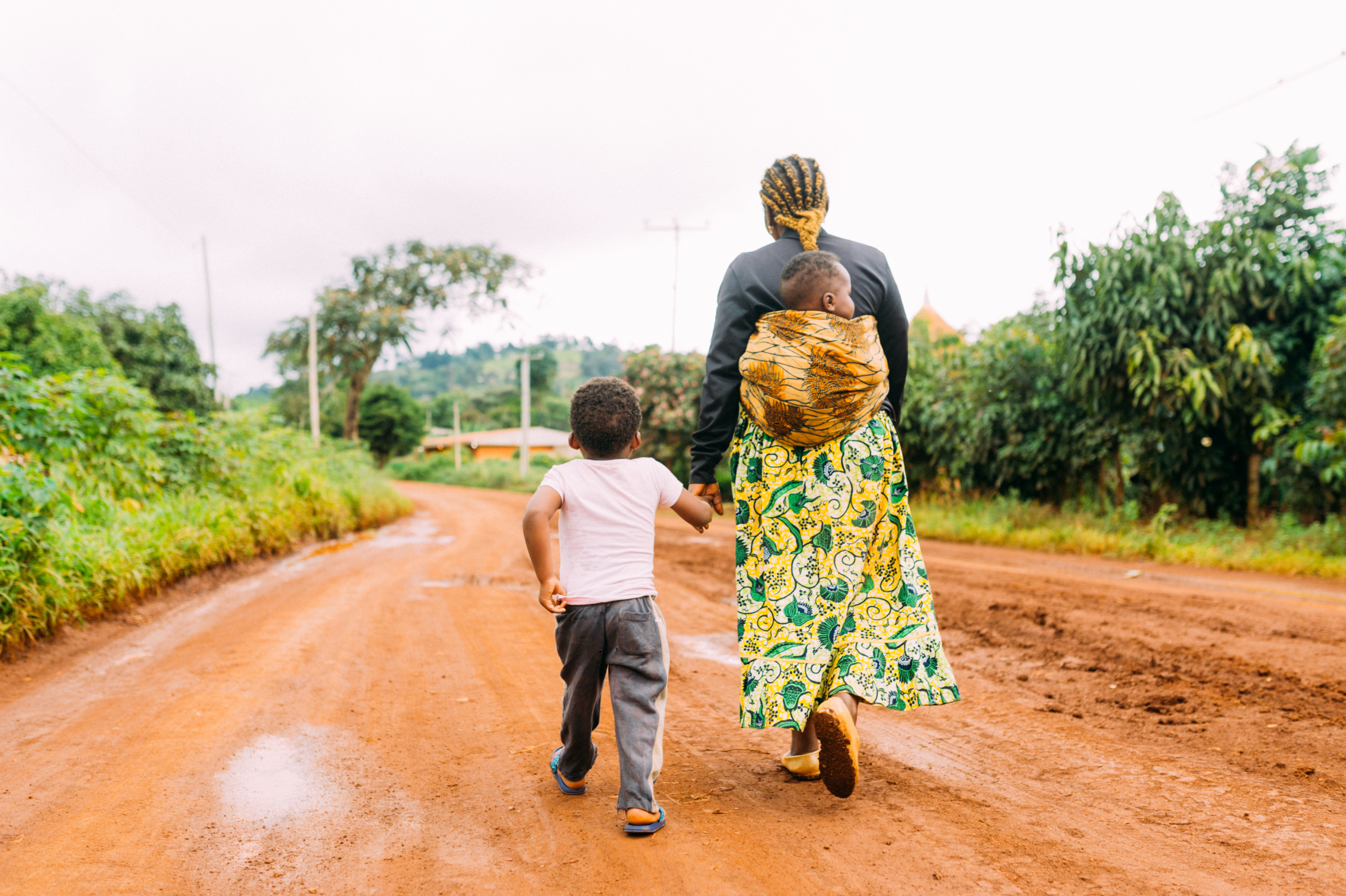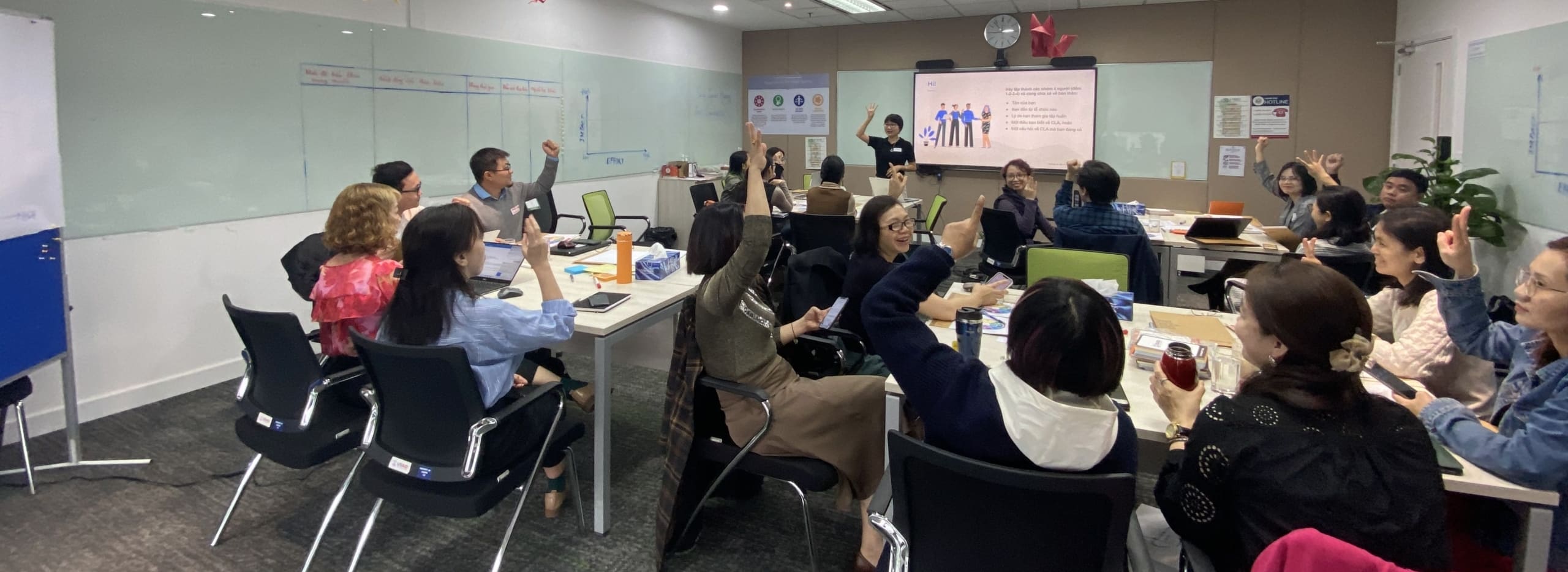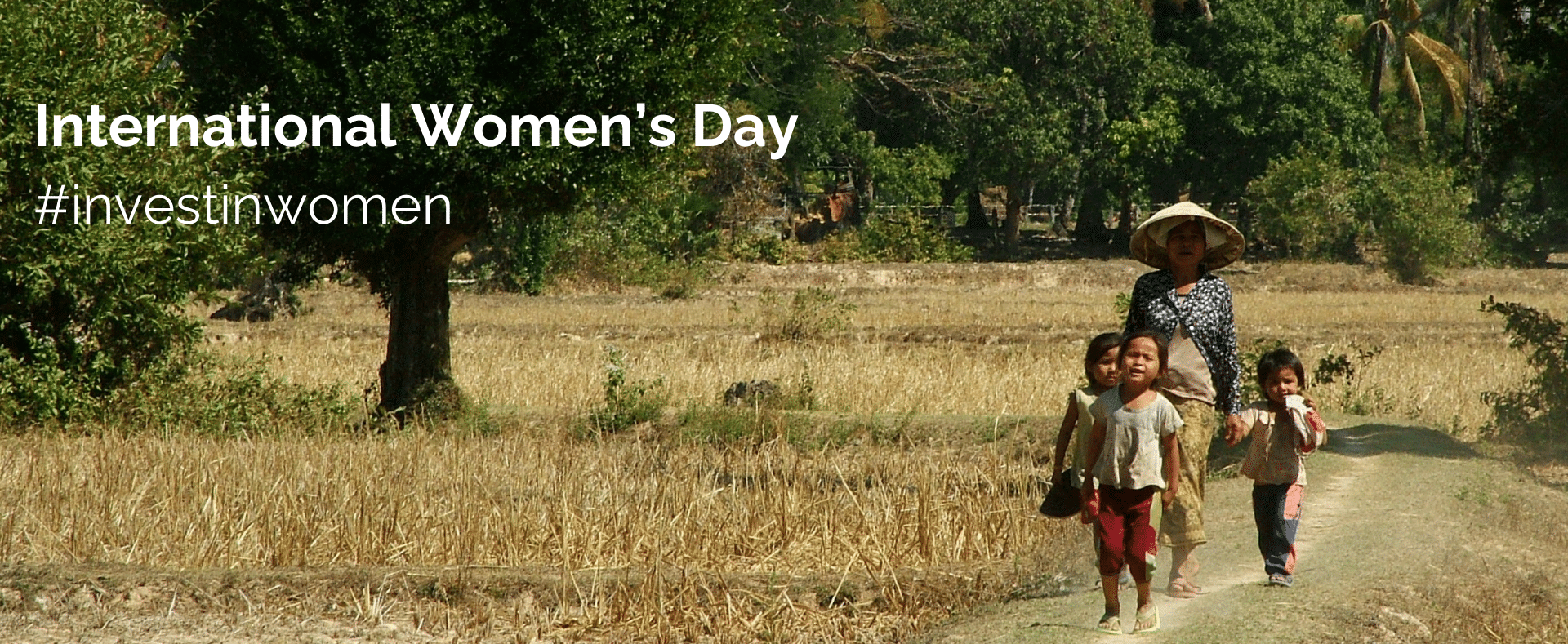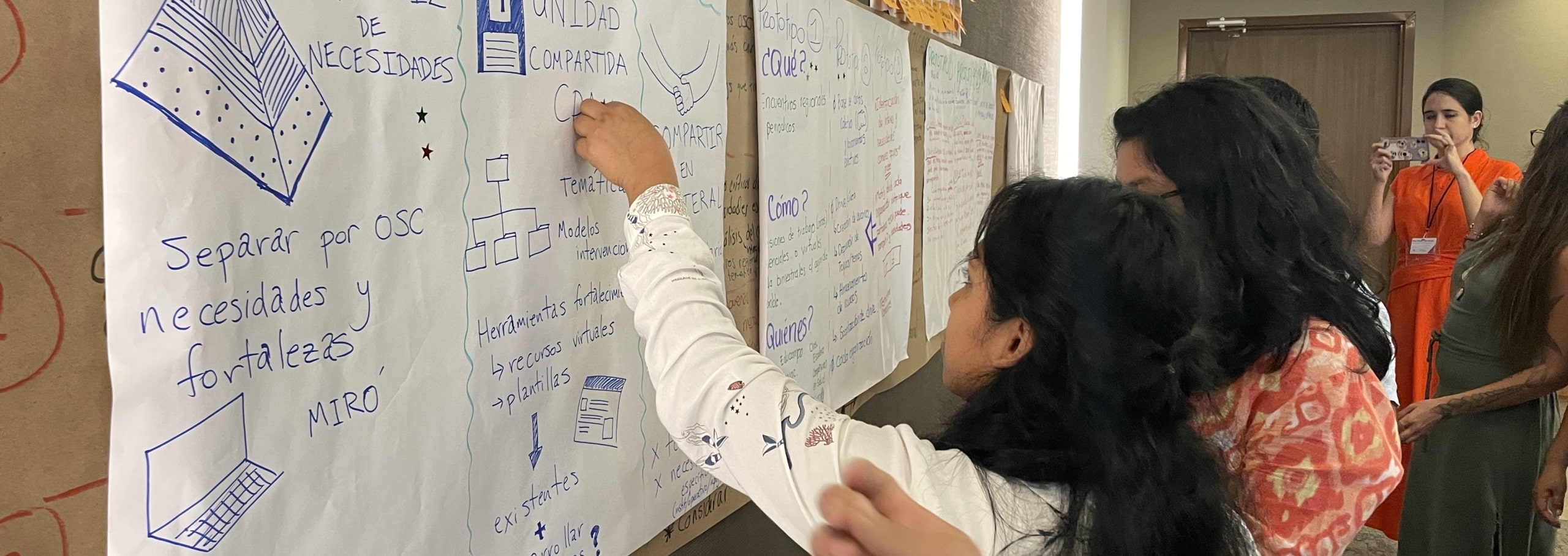The Problem
Many Civil Society Organizations (CSOs) in Mexico working in violence prevention, human rights protection, and criminal justice reform often undertake their agendas alone, missing valuable opportunities for collaboration and growth. To improve the sustainability of CSOs, foster inter-CSO collaboration, and help the organizations execute their missions more effectively, Social Impact implemented the four-year Mexico Civil Society Activity (CSA) funded by the U.S. Agency for International Development (USAID) (USAID & Social Impact, 2020a). SI, in partnership with Appleseed Mexico, implemented CSA by creating and executing a tailored capacity strengthening program and capacity assessment tools that can be used across Mexico and the world to support CSO growth.
What Social Impact Did
The CSA team recognized that improved organizational performance depends on both increased internal capacity and organizations’ connections to influential parties who bring new perspectives and resources. CSA’s systemic approach to capacity building aimed to focus on more than training by considering all systems that contribute to organizational performance. This approach, with an emphasis on self-reliance, was implemented across CSO’s grant distribution and legal processes to improve compliance. Additionally, CSA worked to strengthen CSOs’ internal capacities such as talent management, collaboration, and accountability, and their ability to create and sustain strategic alliances (USAID & Social Impact, 2020b).
CSA’s initiatives like the Study Tour and Learning Communities, which facilitated collaborative learning experiences for local leaders and CSOs, utilized cross-cutting tools to encourage and facilitate collaboration when executing key projects. In collaboration with USAID/Mexico and SI Headquarters, the CSA team also embarked on the design of a single, flexible assessment tool to improve the measurement of organization’s internal capacities and outward-facing performance. The results of the Integrated Assessment Tool help enable organizations to adapt capacity strengthening into their budgetary and timeline constraints.
Our Findings and Recommendations
Throughout the project, the CSA team ensured that the transfer of knowledge and tools went beyond CSOs. This knowledge sharing effort included providing the capacity strengthening model and tools to strategic partners and three intermediate support organizations which then duplicated the capacity strengthening process with 14 additional subgrantee organizations.
The CSA team worked with 46 organizations in 10 northern states of Mexico, trained over 3,000 people, and enacted 116 tailored solution packages. After implementing the solution packages, the new Integrated Assessment Tool measured significant increases in effectiveness, efficiency, relevance, and sustainability across the CSOs using qualitative and quantitative data. Additionally, systemic initiatives like Learning Communities and Study Tours more than doubled strategic connections with other CSOs, organizations, and legal support systems, contributing to further collaboration and reach for their efforts.
Looking Closer: The Impact of Our Work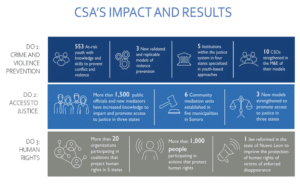
To understand CSA’s impact, we can look at how the program’s solution packages were utilized by two organizations to extend the reach of their organization’s efforts.
Fundación del Empresariado Chihuahuense (FECHAC) is a foundation focused on social investments in preventative health and education programs for civil organizations and public institutions (FECHAC, n.d.) FECHAC utilized CSA’s grant funding to provide opportunities and support to adolescents in conflict with the law. Through collaboration with four judicial entities, FECHAC created tailored action plans for youth who were sentenced in the court system and implemented the plans through a network of nine CSOs. By virtue of the invaluable collaboration between civil society and the judicial system, the team worked with 553 at-risk youth to build their knowledge and skills in self-care, culture of peace, and human rights to improve social reintegration and reduce recidivism.
The Network of the Disappeared in Tamaulipas (REDETAM) is an organization seeking to ensure truth, justice, and comprehensive reparations for the victims of disappearance (REDETAM, n.d.). REDETAM used their CSA grant funding and strengthened management skills to improve the search mechanisms for missing persons and defend the rights of victims and families. By increasing the level and type of attention dedicated to searching for missing persons, and improving judicial collaboration, REDETAM contributed to the State Prosecutors Office’s re-opening of 113 cases. The re-opening of these cases led to 24 field searches, which ultimately resulted in the discovery of seven missing persons.
REDETAM and FEHCHAC are fitting examples of the impact CSOs can have when supported by systemic capacity strengthening programs. In fact, USAID recognized CSA’s entire approach as a model of success that exemplifies emerging practices for a systems-based approach to capacity development, with the honored title of “Bright Spot” in Systems Practice. The resources and tools CSA created and shared will have a lasting impact on CSOs as they continue to utilize services to strengthen their capacities and serve their communities.
To learn more about the impacts of SI’s work on the Mexico CSA activity, view this video:
Citations
USAID, & Social Impact. (2020a). USAID Mexico CSA Systemic Approach to Capacity Development [PDF]. Mexico City: United States Agency for International Development.
FECHAC. (n.d.). Comments and Questions about FECHAC. Retrieved from https://fechac.org.mx/web2/en/
REDETAM. (n.d.). Acerca De Nosotros: REDETAM. Retrieved from https://en.desaparecidostamaulipas.org/acerca-de-nosotros
USAID, & Social Impact. (2020b). USAID Mexico CSA Exchanging Best Practices in the Civil Society Sector – A Replicable Study Tour Model [PDF]. Mexico City: United States Agency for International Development.
USAID, & Social Impact. (2020c). USAID Mexico CSA Emerging Practices in Capacity Development in the Civil Society Sector [PDF]. Mexico City: United States Agency for International Development.



